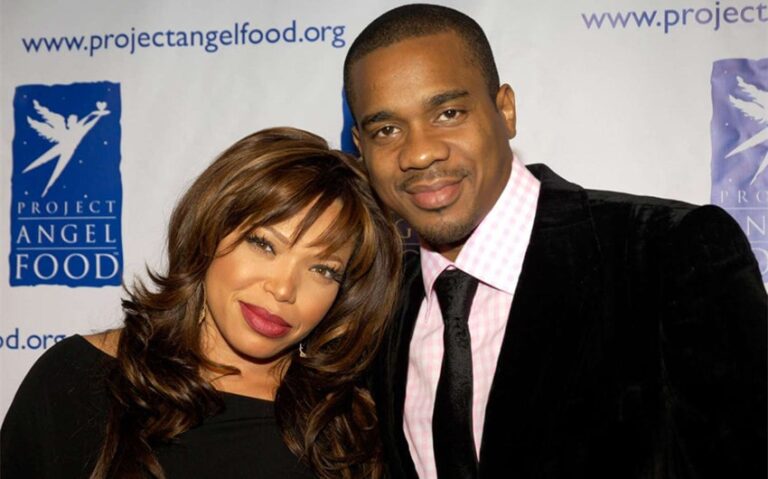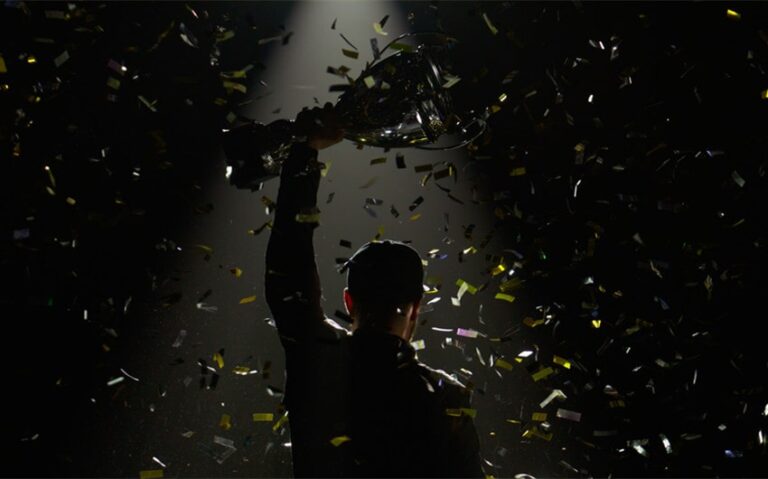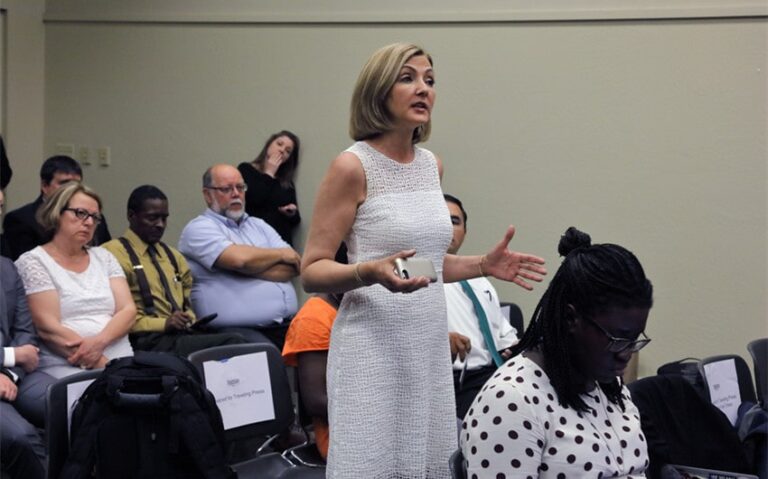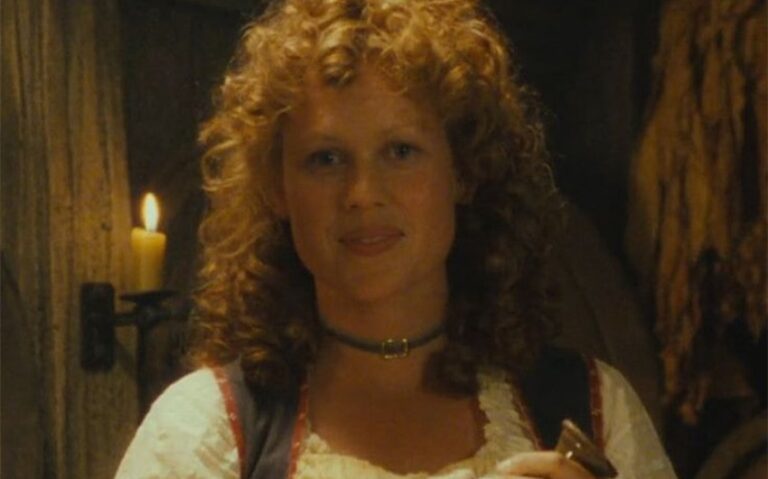Khloe Karter OnlyFans: Consequences, Controversy, and Her Turbulent Path to Reinvention
In the chaotic space between scandal and reinvention, Khloe Karter—real name Samantha Peer—emerged not just as an OnlyFans creator, but as a symbol of how public morality, digital fame, and personal agency collide. Her story isn’t simply about adult content. It’s about fallout, identity, and navigating the razor-thin line between empowerment and consequence in the internet age.
From Science Teacher to Internet Infamy
Before the world knew her as Khloe Karter, Samantha Peer was a middle school science teacher in Arizona. In 2022, she was forced into the spotlight after it was revealed that she and her husband—also a teacher—had filmed explicit content for OnlyFans, some of it inside her own classroom after hours. What followed was a viral media storm that reshaped her life overnight.
The videos were never intended to reach her students or the local community. In fact, Peer had taken precautions—blocking local IP addresses and using a pseudonym. But the content was eventually discovered by students and parents, sparking outrage. The school district launched an investigation. Both she and her husband were forced to resign. And just like that, her professional life in education ended with headlines, judgment, and irreversible exposure.
The Cost of Going Viral for the Wrong Reasons
Peer’s firing quickly snowballed into national news. She was vilified by conservative media, dissected by YouTubers, and picked apart on social forums. Suddenly, her personal choices—made on a private platform intended for consenting adults—became a public referendum on decency, parenting, and professional ethics.
She lost not only her job, but also any realistic path back into education. Interviews with former colleagues were split—some cited her professionalism in the classroom, while others expressed betrayal. Online, people debated whether her actions were reckless or simply a reflection of economic desperation.
Peer later explained that low teacher salaries and mounting financial pressures pushed her toward OnlyFans. Her videos, she said, were a way to regain control over her income and body. But the public rarely makes room for nuance in scandal. She was branded as irresponsible, immoral—even dangerous—all for content created outside school hours and intended for a private audience.
A Persona Born of Controversy
Rather than retreat from the spotlight, Samantha Peer leaned into her new identity as Khloe Karter. She began posting more content, increased her social media presence, and gave interviews defending her decisions. She didn’t ask for pity—she asked for context. And while she didn’t shy away from the consequences of her actions, she challenged the idea that one decision should define a person’s worth.
Her OnlyFans account surged in popularity. People curious about the controversy flooded her page. The monetization was real—but so was the hate mail, the judgment, and the toll on her mental health. In interviews, Peer has spoken openly about the emotional chaos that followed the leak: the shame, the anxiety, and the slow, painful process of rebuilding her identity from scratch.
The Turbulence Beneath the Surface
Khloe Karter’s rise is often misread as opportunistic. In reality, it’s complex. Samantha Peer grew up in a traditional environment. Her career in education was a dream fulfilled. The fallout wasn’t just about a job—it was about the loss of a community, a routine, and a sense of purpose. In one viral video, she explained how becoming an internet pariah made her question her own values and sanity.
She endured not just career loss but public humiliation. News outlets plastered her face alongside words like “porn” and “teacher fired.” Family relationships were strained. Friends distanced themselves. Her children were caught in the crossfire. The scandal didn’t just touch her—it scorched everyone around her.
Fame, Power, and the Right to Reclaim the Narrative
Despite—or perhaps because of—this chaos, Khloe Karter became a defiant figure. She refused to disappear. She doubled down on content, started new business ventures, and kept engaging with fans who supported her journey. In doing so, she reframed her narrative from one of shame to one of survival and agency.
Her story challenges society’s expectations: Can a woman own her sexuality without being disqualified from every other role she holds? Is it possible to fail in public and still rebuild a life? And who gets to decide what redemption looks like?
Khloe Karter doesn’t pretend to have all the answers. But she does insist on asking the questions—and that in itself is a form of rebellion.
The Reality Behind the Persona
To her fans, Khloe is both entertainer and advocate. She uses her platform not just to share content, but to call out hypocrisy in education, politics, and media. She’s talked about her mental health struggles, financial hardships, and the challenges of parenting in the wake of public scrutiny. She doesn’t separate the personal from the professional—she fuses them, intentionally.
This vulnerability makes her polarizing, but also powerful. For many women watching, she represents a complicated truth: that empowerment often comes with a cost, and that stepping outside traditional roles requires relentless self-definition. Khloe’s career on OnlyFans is not a redemption arc. It’s a reclamation.
Conclusion: More Than a Scandal
Khloe Karter’s story is about far more than OnlyFans. It’s about what happens when a woman refuses to be boxed in by other people’s definitions. It’s about consequences—yes—but also about courage. And in a digital culture that thrives on cancelation and spectacle, her continued presence is quietly radical.
For those who see her as a cautionary tale, there’s a lesson in boundaries. But for those who see her as a survivor, there’s a reminder that sometimes the only way out is through. And sometimes, the most scandalous thing a woman can do is refuse to apologize for surviving on her own terms.
Featured image source: dailymail.co.uk







